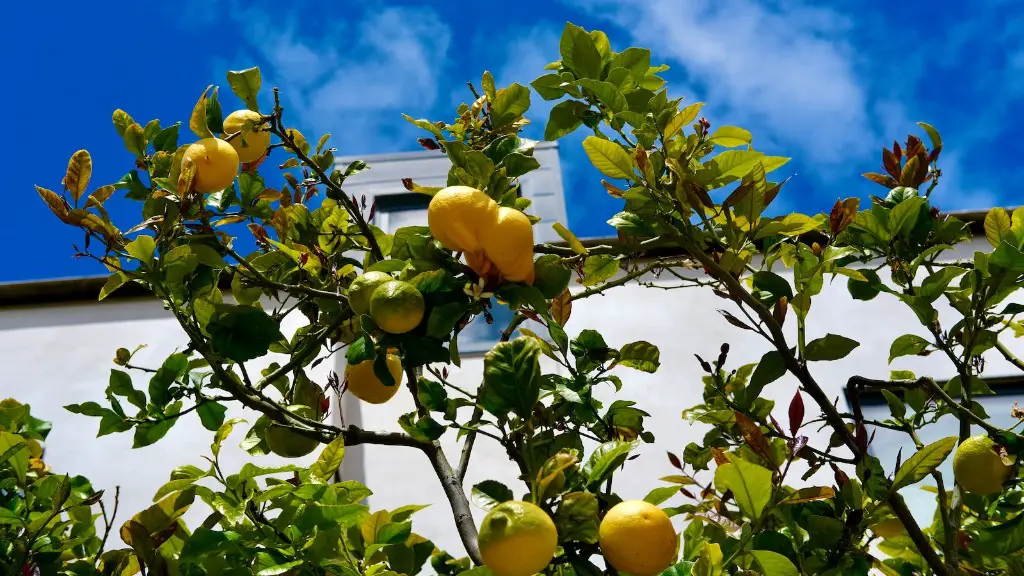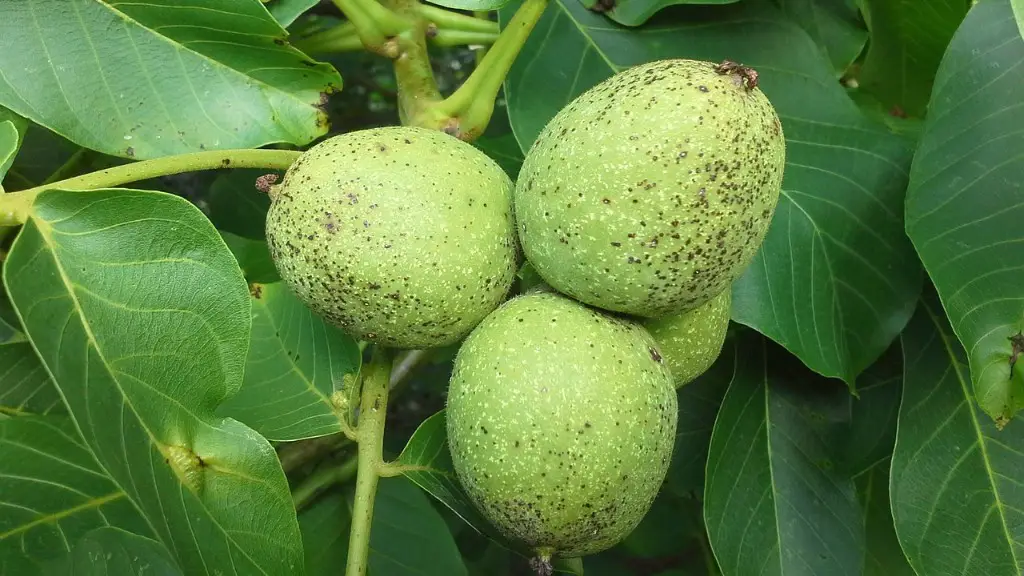Can I plant lemon seeds to grow a lemon tree? Yes, it is possible to plant lemon seeds and cultivate a lemon tree from them. However, this process is considerably more complex than growing a lemon tree from a store-bought cutting. Planting and nurturing a seedling lemon tree takes patience and precise knowledge of agricultural science.
Firstly, you need to choose the right variety of lemon. As with other citrus fruits, lemons come in various varieties, ranging from sweet to tart, depending on their acid content. Therefore, it is important to select the seed variety that best suits your preferences and climate conditions.
In addition, you need to ensure that the growing conditions are optimal for the new seedlings. Lemon trees thrive in well-drained soil, plentiful sunshine and adequate protection from cold temperatures. Thus, gardeners need to select a planting site that meets those requirements.
Once the site has been established, the soil must be prepared for the seedlings. Incorporate loose soil and a generous quantity of organic matter, such as compost or manure. The ideal pH range of the soil should fall between 6 and 8, so prior to planting a soil test should be conducted to evaluate the pH level.
The seeds can then be sown several inches below the soil’s surface and ought to be kept moist until their first flush of leaves appear. To help achieve the ideal soil temperature, at least 70-80 degrees Fahrenheit, sowing beds ought to be covered with a layer of plastic or burlap during the day.
Finally, the seeds should be allowed several weeks to mature and reach transplantation size. Then, they can be transplanted into individual pots with ample drainage and moved to a place that meets all the climate requirements once they have grown, established roots and adapted to the pattern of light and temperature.
Lemon Tree Fertilizers
The fertilizer chosen for the lemon tree is equally important to consider, as it will be a main contributing factor to the tree’s health and yield. A general, balanced fertilizer is recommended for seedlings in their first year, as an overly rich fertilizer could shock the immature tree. Nevertheless, for roots that have had enough time to develop, slow-acting fertilizers such as compost tea, fertilizer spikes and organic mulches, are the perfect nourishing sources for mature lemon trees.
Pruning and Training
Pruning and training the lemon tree are essential and should begin during the first spring of the tree’s life. This will give the desired shape of the tree, allowing for better light penetration and air circulation, ultimately promoting healthy growth.
In regards to training, a central leader should be established. This involves selecting a main trunk or stem and, if necessary, removing competing stems and branches. Furthermore, it is wise to attach the trees to stakes or framework to ensure that the tree maintains its appropriate form.
Pest and Disease Control
It is essential to monitor the health of the lemon tree and be aware of any infestations or diseases that might appear. For preventing pests and illnesses, organic methods should be employed, such as adding beneficial organisms to the soil, setting up barriers, or managing the soil nutrients. In addition, research should be conducted to discover the best sprays, traps, and dusts that could be used to protect the lemon tree.
Harvesting and Storing Lemons
Once the tree has reached maturity, it will begin to fruit. While most lemons take up to a year to ripen, some earlier varieties such as Meyer lemons could be ready for harvest after only 6 months. For extending the shelf life of the lemons, it is advised to keep them cool and dry in the refrigerator and avoid bruised or damaged fruit.
Can I Plant Lemon Seeds to Grow a Lemon Tree: Conclusion
In conclusion, it is possible to plant lemon seeds and cultivate a lemon tree from them. However, it is a complex process that requires knowledge of agricultural science and meticulous care. Establishing the right growing conditions, providing the right fertilizer, engaging in adequate pruning and training, monitoring pests and diseases, and finally harvesting and storing the lemons, are all vital parts of the process.


